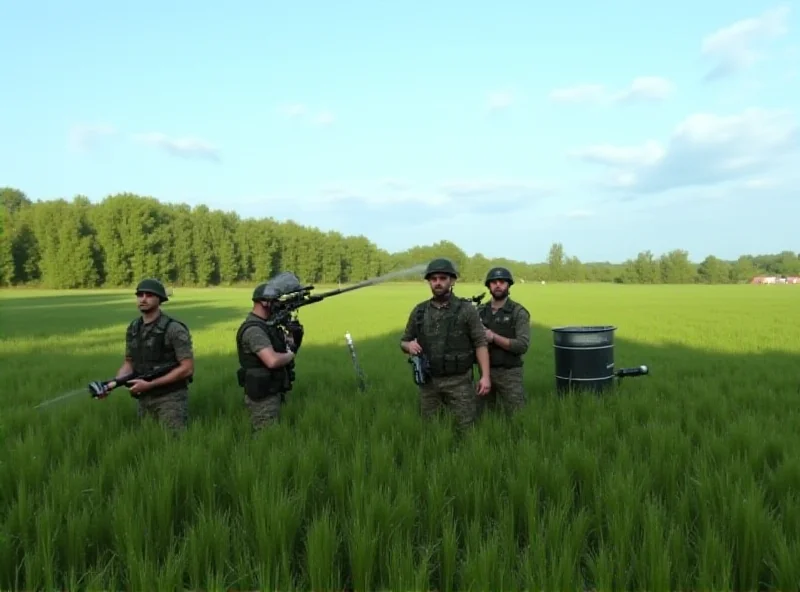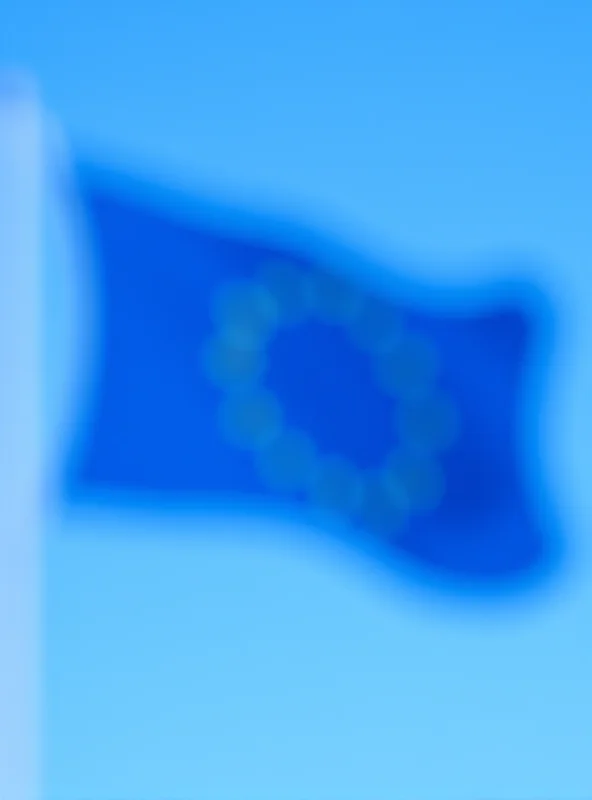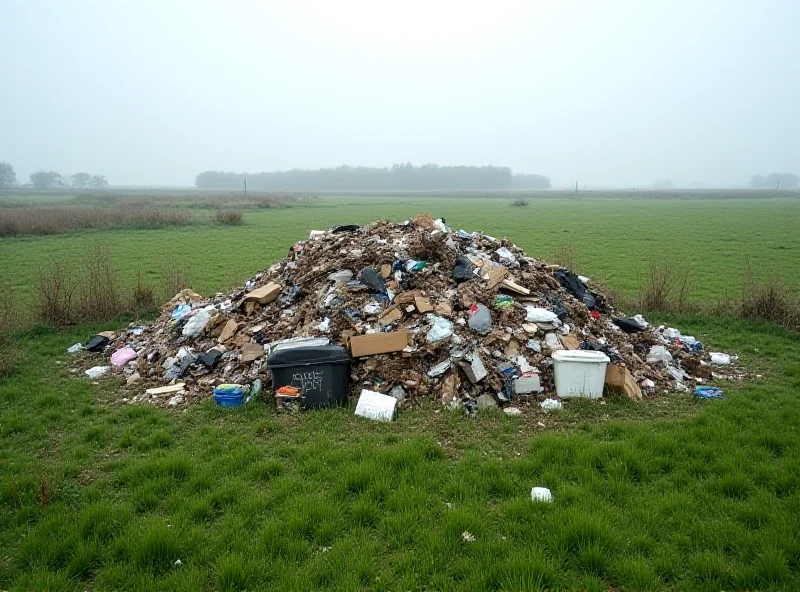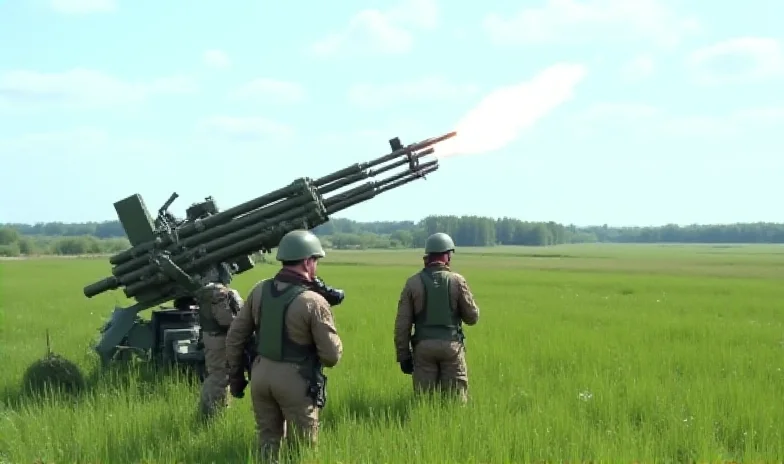The international community continues to grapple with the ongoing conflict involving Ukraine and Russia, with recent developments highlighting both military aid and escalating political rhetoric. Meanwhile, back in Britain, a different kind of challenge is emerging: illegal dumping.
Arms Deals and Political Posturing
British Prime Minister Keir Starmer recently announced a significant arms deal with Ukraine, totaling £1.6 million (approximately 50 billion Czech crowns). This agreement will enable Ukraine to acquire over 5000 British-made air defense missiles, bolstering its defense capabilities. This follows a loan agreement signed between Britain and Ukraine worth £2.26 billion (almost 70 billion Czech crowns), further solidifying Britain's commitment to supporting Ukraine's resistance.

On the other side of the conflict, Moscow has been vocal in its condemnation of what it perceives as escalating involvement from NATO. Minister Lavrov asserted that the deployment of European troops to Ukraine would constitute a "direct participation of NATO in the war against Russia." Russia has also criticized French President Macron's proposal to protect Europe with nuclear arms, comparing him to Napoleon.
Adding to the tension, President Putin, addressing the wives of soldiers, vowed not to yield. "We will not renounce what is ours," he stated, signaling a continued commitment to the conflict. The situation remains highly volatile, with diplomatic efforts struggling to bridge the divide.
EU Support and Migrant Concerns
Estonian Prime Minister Kaja Kallas expressed optimism regarding a political agreement among EU leaders for her initiative to support Ukraine. This initiative includes the provision of ammunition, air defense systems, and other essential equipment. This indicates a unified front from the EU in providing crucial resources to Ukraine.

Meanwhile, the French navy has faced criticism after failing to intercept a migrant dinghy carrying 60 people bound for Britain. The vessel encountered difficulties in French waters, with passengers reportedly signaling for help. This incident has sparked debate about border control and the effectiveness of maritime security measures, with some branding the French navy a "taxi service."
Fly-Tipping Crisis in Britain
Shifting focus to domestic issues, a recent report has highlighted the growing problem of fly-tipping in Britain. A mapped list of the ten "grimmest places" in the country reveals the extent of illegal waste dumping, with one major city emerging as a dominant hotspot. This issue raises concerns about environmental degradation and the strain on local authorities tasked with managing waste disposal.

While the international focus remains on the conflict in Ukraine and the geopolitical implications, domestic challenges like fly-tipping underscore the diverse range of issues facing nations today.
The situation remains fluid, and continuous monitoring is essential to understand the evolving dynamics of these complex situations.
